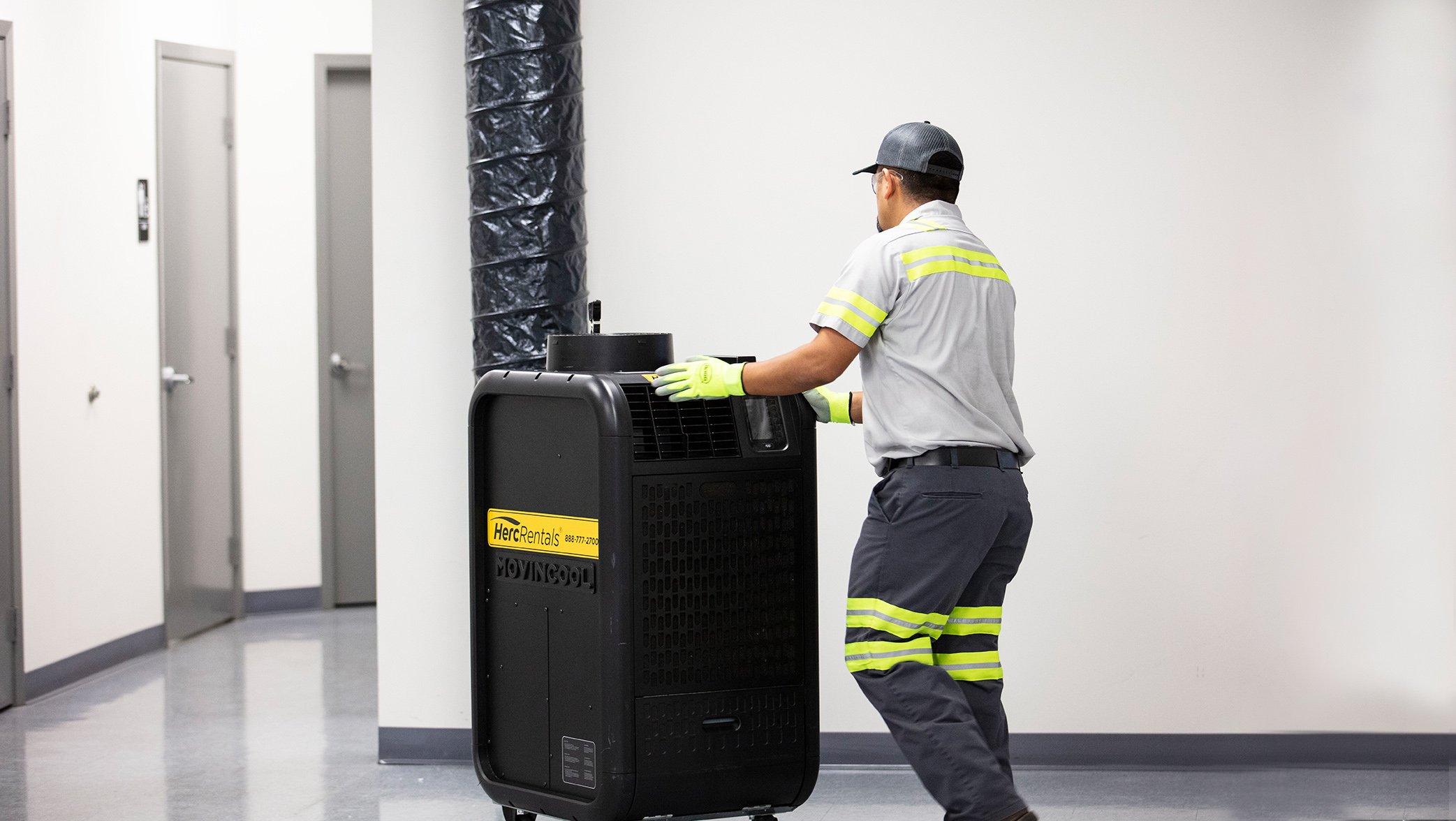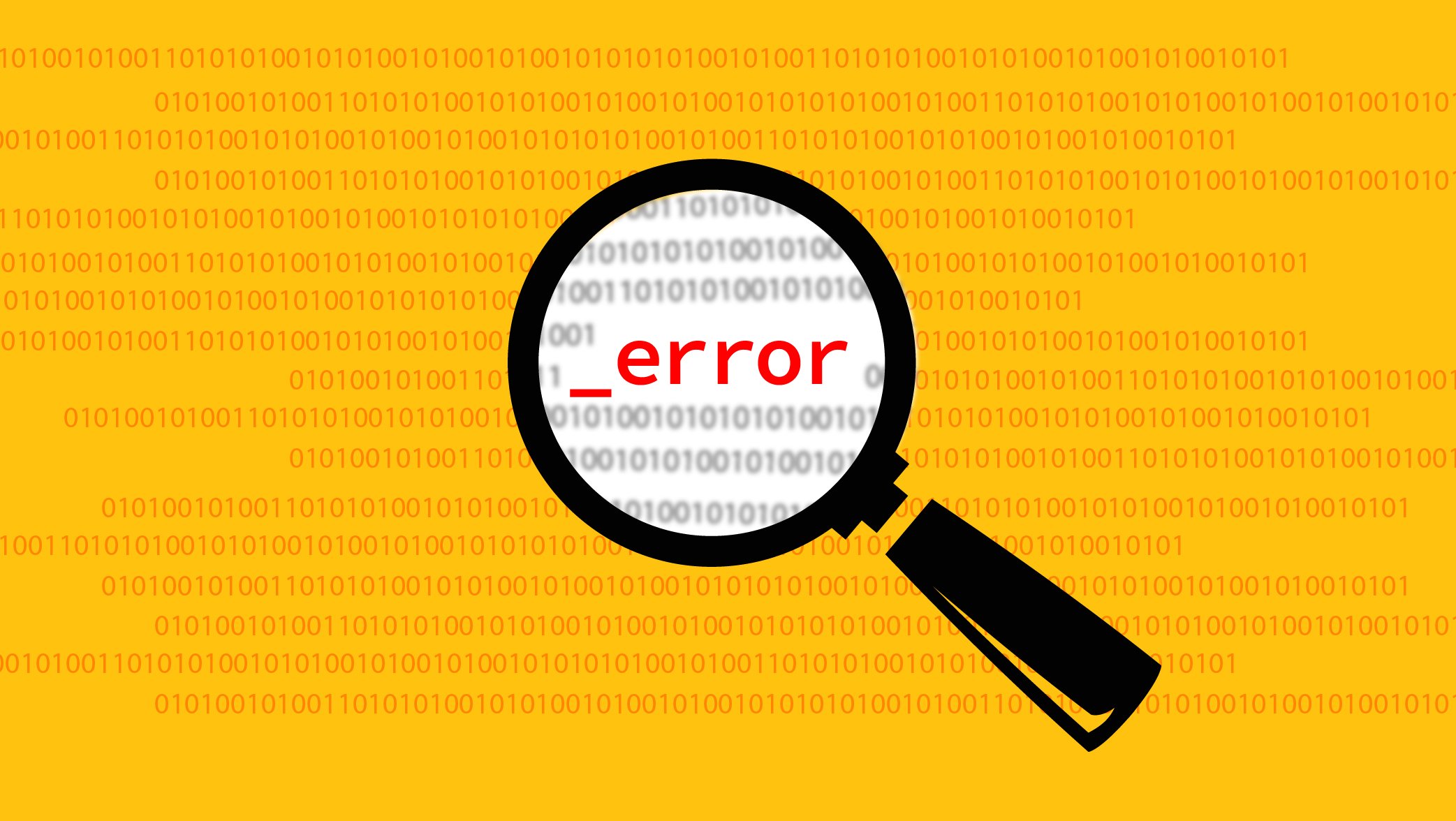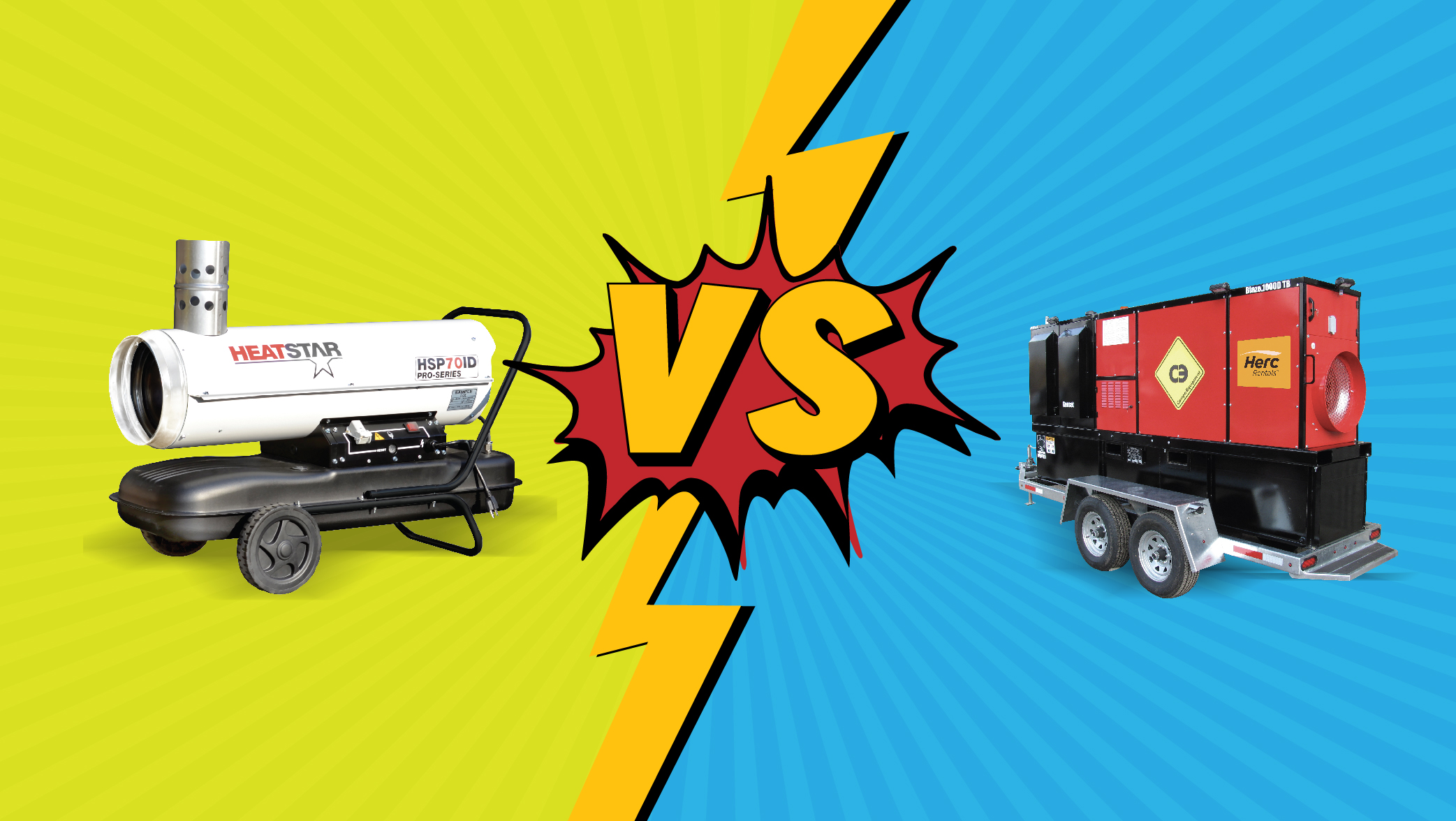September is the peak of hurricane season with nearly twice the number of hurricanes and tropical storms than the second and third most active months – August and October, respectively.
Outside of the Atlantic and Gulf coasts, September, which is National Preparedness Month, also serves as a wake-up call to many northern states and Canadian provinces that summer is over and winter with its freezing temperatures and significant snowfall, is on its way.
National Preparedness Month (NPM) is recognized each September to promote family and community disaster planning now and throughout the year. This year’s theme is “Disasters Don’t Wait – Make Your Plan Today,” and on the website, ready.gov, visitors are challenged with weekly tasks. They include:
- Week 1 – Make a Plan: Speak with family, friends, employees, and customers about how you will communicate before, during, and after a disaster.
- Week 2 – Build a Kit: Gather supplies that will last for several days following a disaster. Don’t forget to consider the unique needs, such as medications and pet supplies. For instructions on what should be included in your kit as well as where it should be stored, click here.
- Week 3 – Prepare for Disaster: Limit the impacts disasters can have on you and your family. Know the risk of disasters in your area and check your insurance coverage. Learn how to make your home, office, or building stronger in the face of storms and other common hazards.
- Week 4 – Teach Your Children Well: Talk to your kids about preparing for emergencies and what to do in case you are separated. Reassure them by providing information about how they can get involved.
While having a disaster plan that includes a list of supplies and a first-aid kit to deal with the aftermath of disasters could be the difference between life and death, having the right equipment on hand can not only speed up the recovery process but also minimize damage expenses to your building or home.
Contingency planning and obtaining equipment for disasters and the recovery may make sense for emergency management facilities, hospitals, and police and fire departments, but for small businesses, spending thousands of dollars on gear you may only use once or twice in your lifetime doesn’t. Equipment rental companies like Herc Rentals have decades of experience in providing customers with the gear they need to recover from disasters efficiently, effectively, and safely.
This gear includes everything from fuel storage and power generation to climate control, remediation, and more.
One of the biggest impacts on people and property during and after a storm is a loss of power. While the impact of wind and water can be widespread, the loss of power touches almost everyone and everything from climate control inside a building or home to fueling vehicles and much more. Without power, almost nothing works. Unless your home or building has been damaged by high winds, debris, fire or heavy snowfall, renting portable generators are a great way to ensure your life and your work remains virtually uninterrupted.
Climate control is another concern in the wake of a hurricane or snowstorm. In facilities like hospitals, nursing homes, computer rooms, factories, and housing complexes, vital equipment can overheat or freeze. Having a portable air conditioning unit or a portable heater on hand will ensure both people and products remain protected if your HVAC unit is damaged from high winds or floodwaters.
Whether you’re located along the coast and subject to a hurricane’s storm surge or miles inland where heavy rains or frozen, busted pipes can lead to flooded basements and ground floors, pumps are another piece of equipment to consider. Capable of moving massive amounts of water, pumps are the first step in a series of remediation steps, one must take to ensure your home or building remains healthy into the future.
Other equipment in the remediation process include air movers to dry out soaked carpets, ceilings or walls; dehumidifiers to remove moisture from the air while preventing corrosion, mold and mildew from forming; and air scrubbers which are used to clean the air of harmful contaminants like mold following an intrusion of water or smoke following a fire.
For more information about equipment related to disaster recovery, check out the Herc Rentals’ Solution Guide or contact your local Herc Rentals’ representative at one of the company’s 275+ locations.


